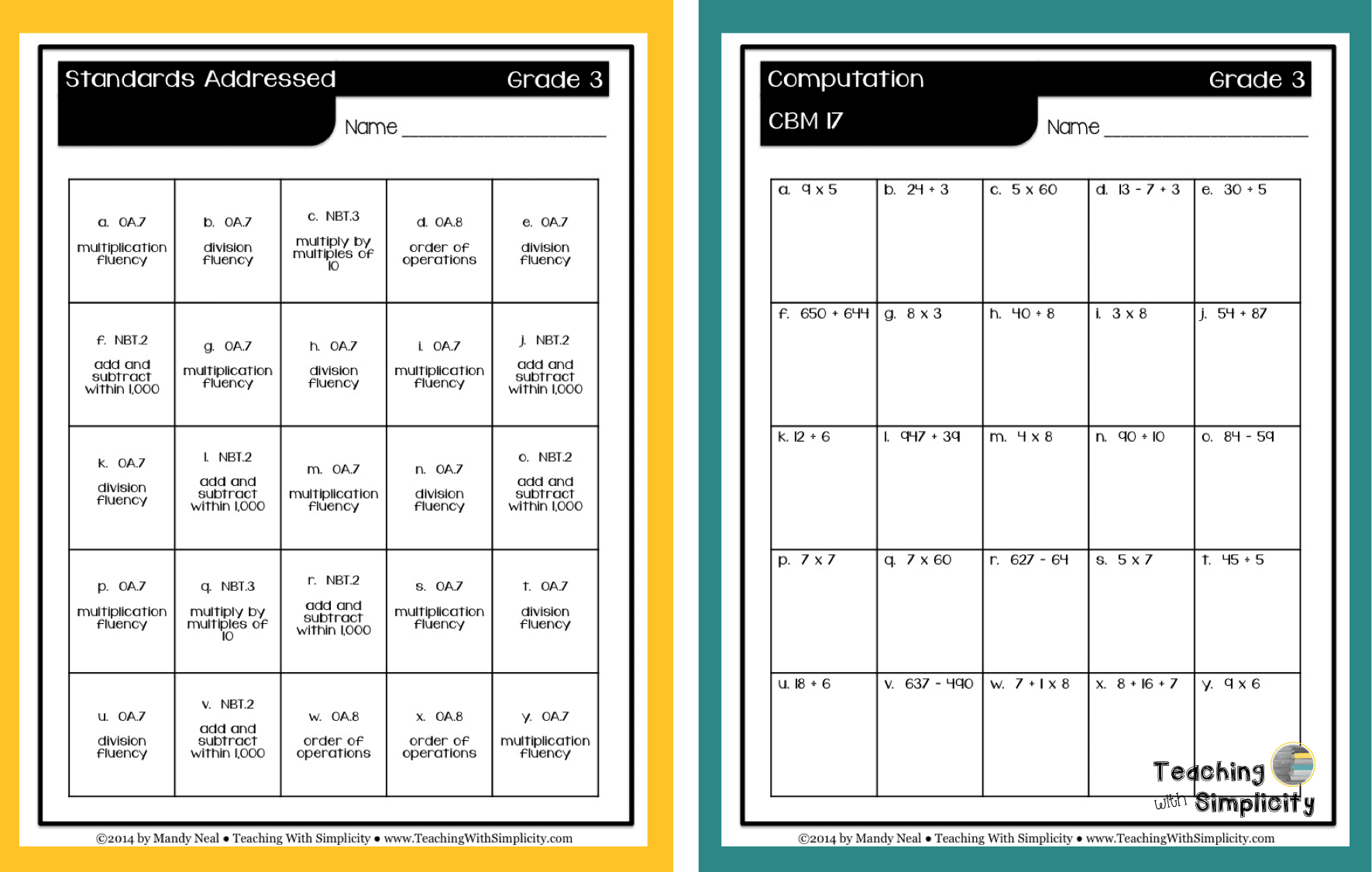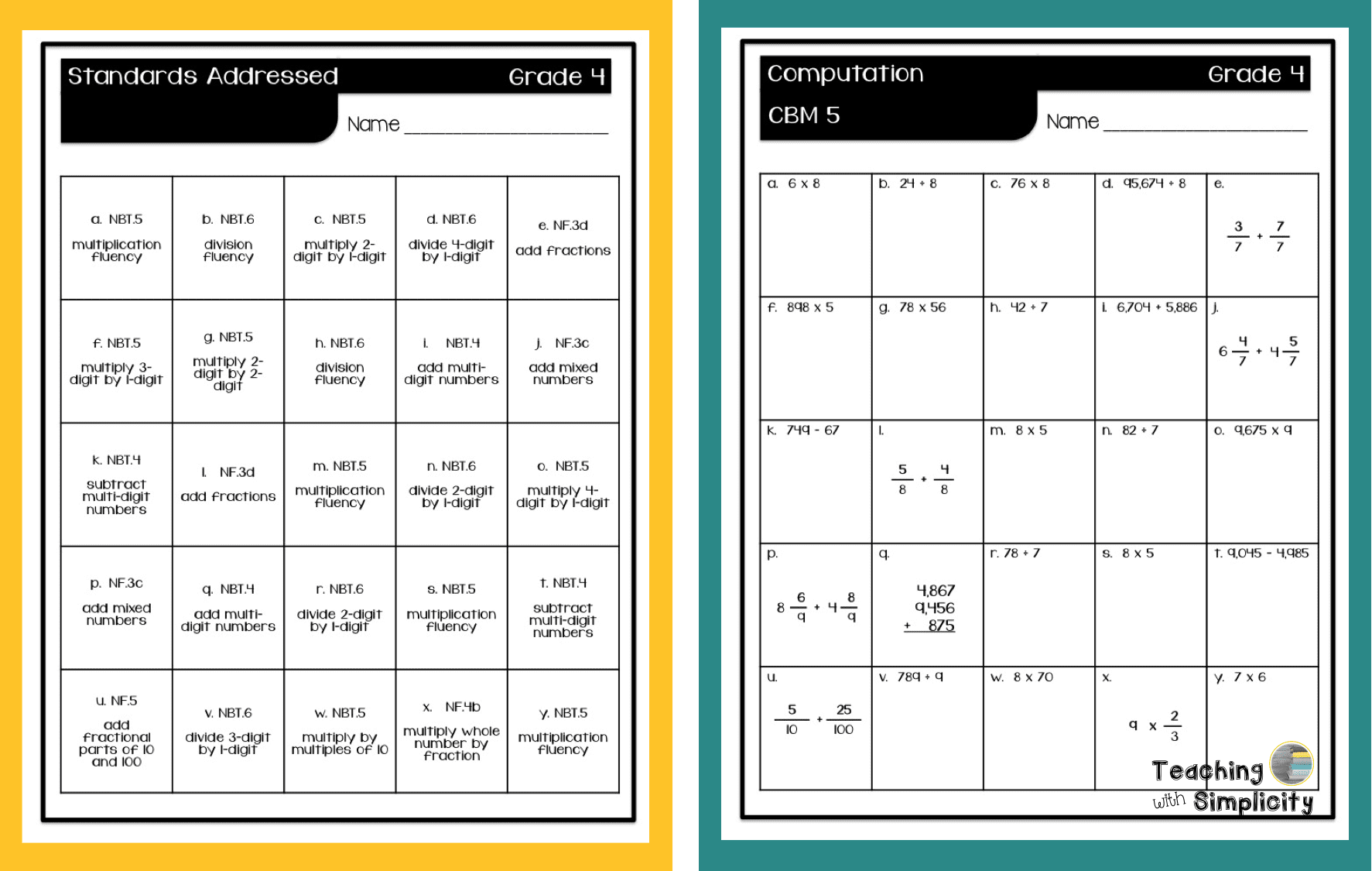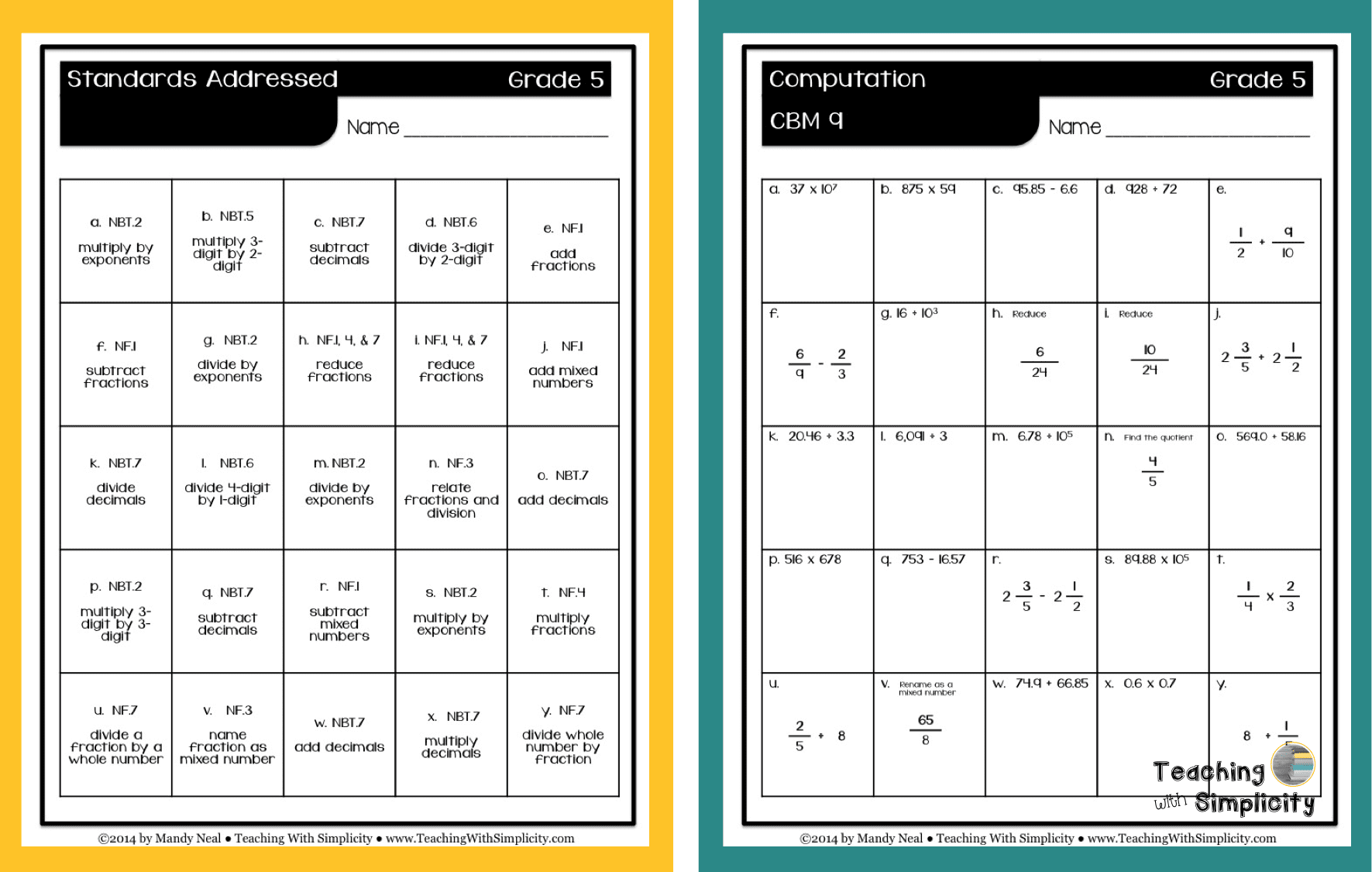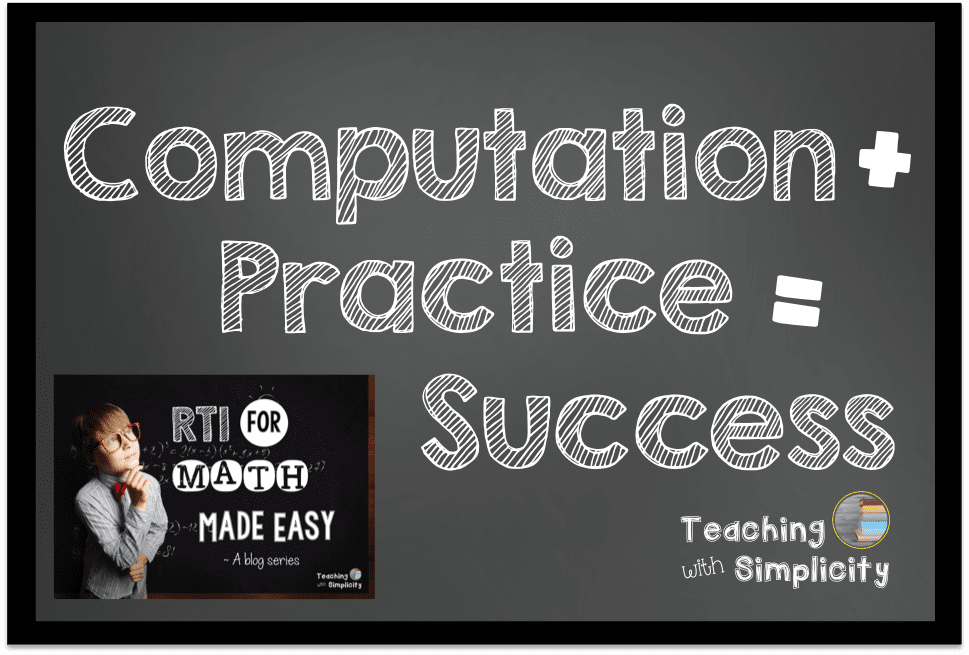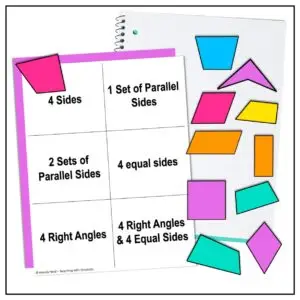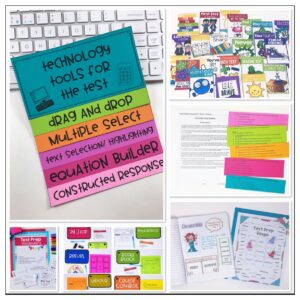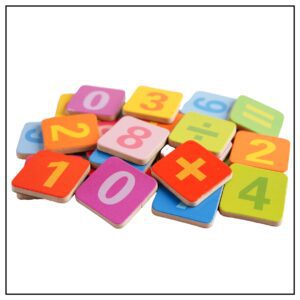Of all the mathematical items to practice, assess and track, why would computational fluency be so important?
NCTM’s Principles and Standards for School Mathematics (2001)
“Fluency refers to having efficient, accurate, and generalizable methods (algorithms) for computing that are based on well-understood properties and number relationships.” National Council of Teachers of Mathematics, 2000, p. 144
Why is computational fluency important?
Some of the sub-processes, particularly basic facts, need to be developed to the point that they are done automatically. If this fluent retrieval does not develop, then the development of higher-order mathematical skills, such as multiple digit addition and subtraction, and fractions-may be severely impaired. (Resnick, 1983).
“Once procedures are automatized, they require little conscious effort to use, which, in turn, frees attentional and working memory resources for use on other more important features of the problem” (Geary, 1995).
To me, this makes complete sense! Especially with those students that struggle with math. How can we expect students to complete a complex task if the aren’t able to perform the basics of computation?
In order to address the issue of computational fluency, I created Math RTI Computational Fluency Progress Monitoring for 3rd, 4th, and 5th grade. Each probe contains a mix of 25 problems that require different math operations. This allows me to test students on a range of computational objectives.

